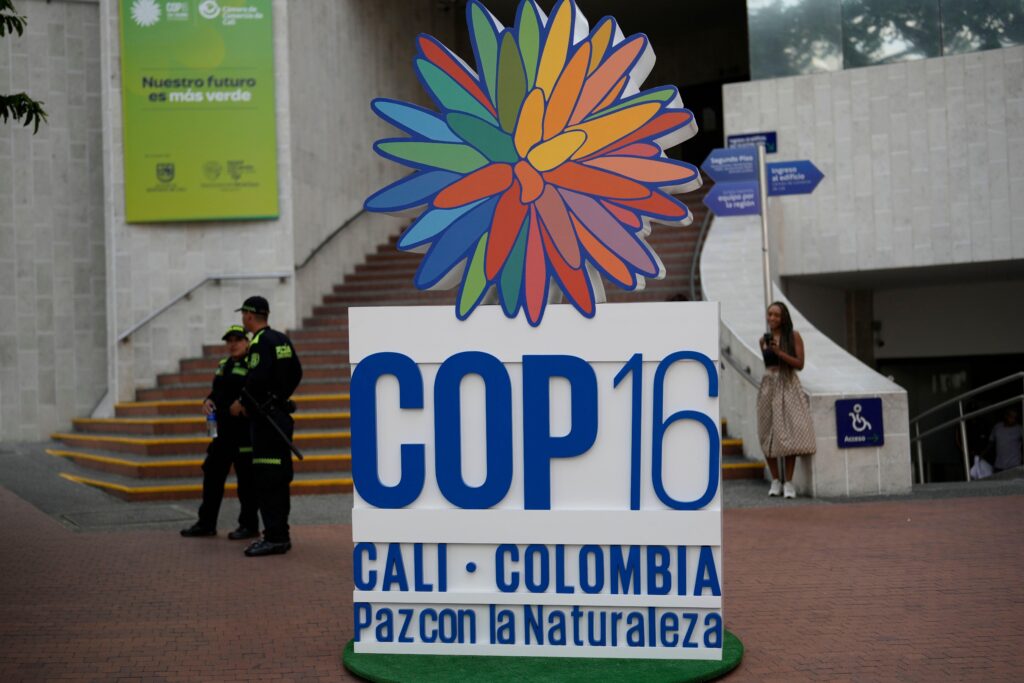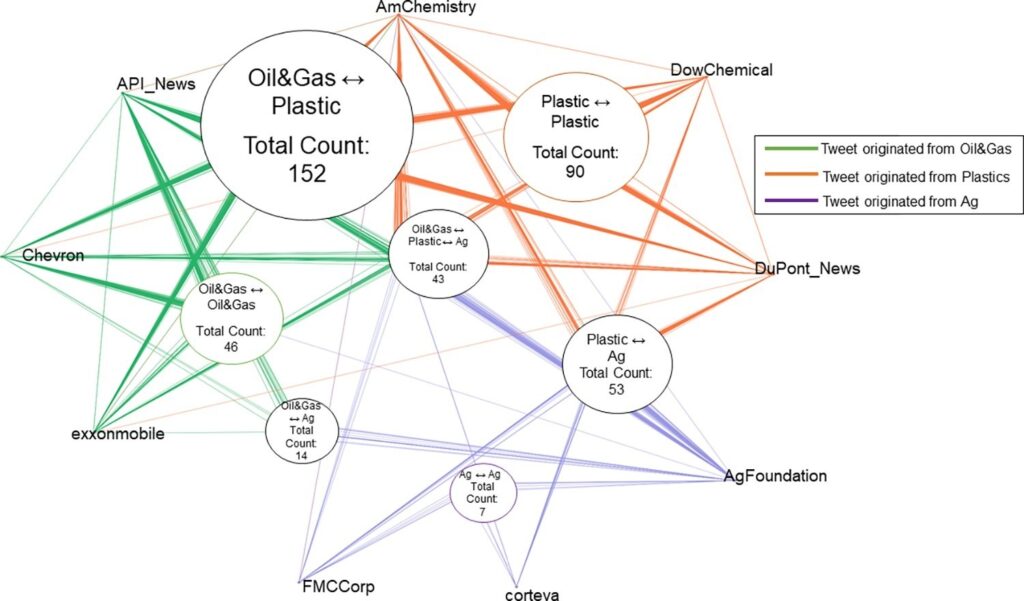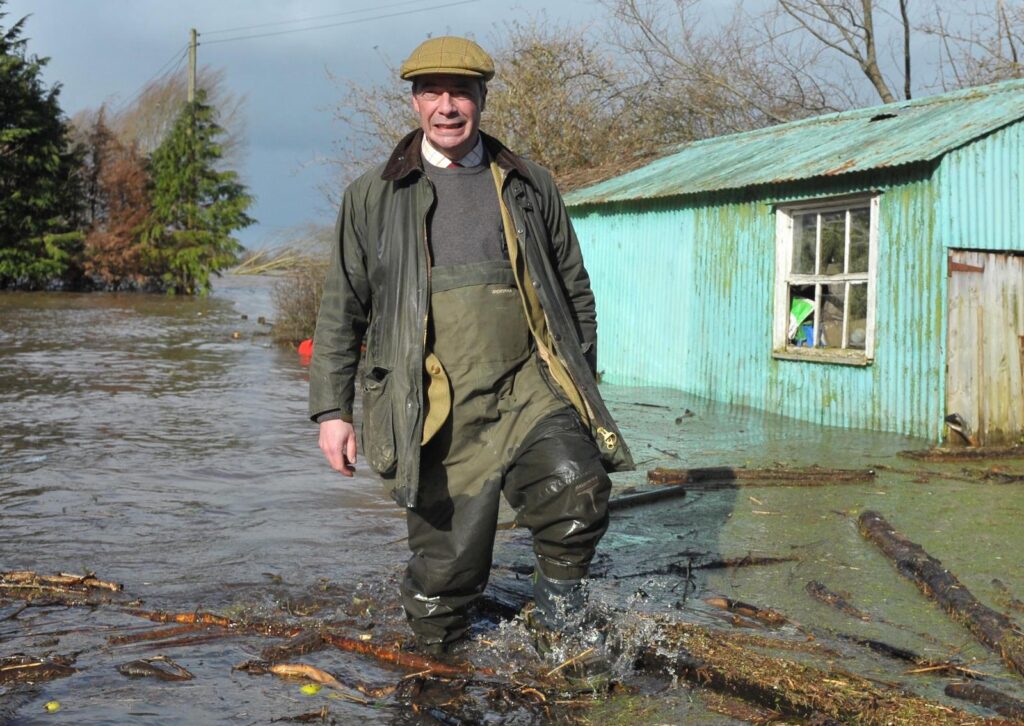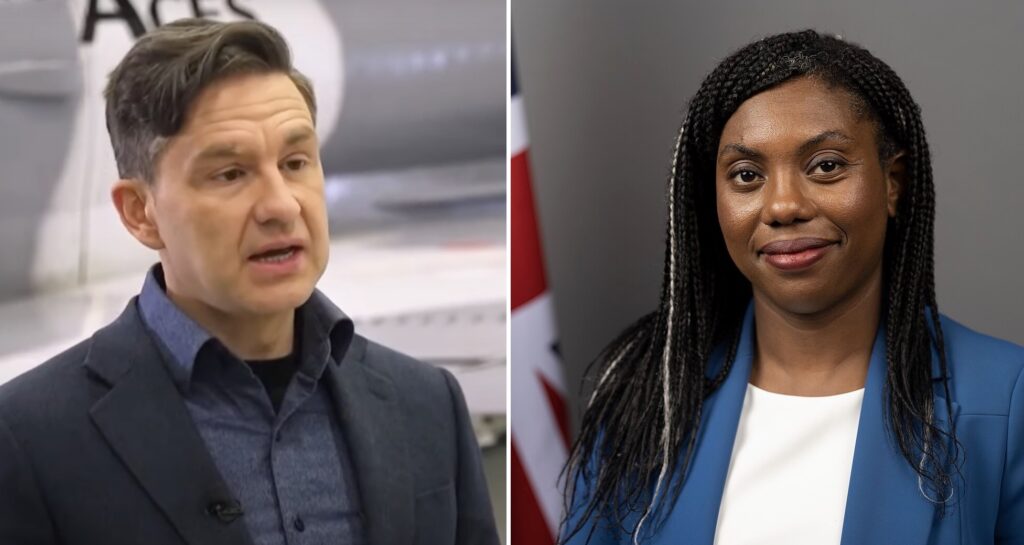The UK has been accused of trying to “fudge” how much money it spends on subsidising coal mining and fossil fuel use despite its pledge to phase out environmentally harmful subsidies by 2020.
The country ranked first on its commitment to end fossil fuel subsidies but last on transparency in a new study led by the Overseas Development Institute (ODI) which ranks each G7 country on ending support for the production and use of oil, gas and coal ahead of a group meeting which starts in Canada on Friday.
The UK does not provide national reports on its fiscal support for fossil fuel production and consumption and the government has repeatedly denied providing fossil fuel subsidies. However, the report states that the UK is providing subsidies in the form of tax breaks for oil and gas exploration in the North Sea and the decommissioning of oil.
Researchers also argue that the UK is using public finance through the UK Export Finance, a government agency which underwrites loans to boost British companies’ exports, to support fossil fuel projects abroad – a finance stream they say the government should be counting as a subsidy.
A government spokesman said the UK was meeting its G7 targets since it has “no inefficient fossil fuel subsidies” following an assessment by the International Energy Agency.
He added: “We are leading the world in tackling climate change, delivering the biggest carbon reductions of any G7 nation over the last 25 years.”
Inconsistencies
The authors of the report have pointed out to the inconsistency between the UK government’s climate commitments and its failure to recognise it is still handing out generous support for fossil fuel use.
Matthew Crighton, of Friends of the Earth Scotland, told DeSmog UK the UK and Scottish goverments should be developing a joint approach for a transition away from fossil fuels rather than encouraging oil and gas exploration and production in the North Sea.
The study found that the world’s seven major industrial democracies spent at least $100 billion (£70 billion) a year to prop up oil, gas and coal consumption at home and abroad in 2015 and 2016 despite their pledge to end fossil fuel subsidies by 2025.
While France topped the overall ranking, the UK scored the fourth lowest score out of seven and the US was last. The data analysed does not cover the Trump administration.
Shelah Whitley, head of the climate and energy programme at the Overseas Development Institute (ODI) and lead author of the report, told DeSmog UK the research found that all G7 countries had increased their support for fossil fuel exploration since countries committed to limit global temperature rise “well below” two degrees under the Paris Agreement in 2015.
Describing the finding as “shocking”, she added: “Increased support for fossil fuel exploration is one of the most egregious activities that countries can be doing and directly counters their pledges under the Paris Agreement. Yet, they are still doing it.”
Scientists have previously warned that more than 80 percent of global coal reserves, half of all gas reserves and more than a third of the world’s oil reserves had to stay in the ground to prevent dangerous global warming of more than two degrees.
Co-author Ivetta Gerasimchuk, from the International Institute for Sustainable Development, said: “G7 governments committed to phase-out fossil fuel subsidies back in 2009, but since then have made very little progress.
“At the same time, less wealthy countries with similar commitments made under the G20, such as India and Indonesia, have reduced subsidies by billions of dollars. The richest countries must demonstrate leadership in ending handouts to fossil fuels.”
Transparency
The UK has made a series of commitments to phasing out fossil fuel subsidies.
As part of the G7 it pledged to end all fossil fuel subsidies by 2025. As part of the EU, the UK also agreed to cut all environmentally harmful subsidies by 2020 and end subsidies to hard coal mining by 2018.
Despite these pledges, the UK is the only G7 country with Japan which has not yet undertaken a peer review into its fossil fuel subsidies.
The report urged the UK to take part in the peer review arguing that “this should be a high priority for the country if it is to demonstrate transparency and accountability in meeting its international commitments”.
While the UK government says it is not subsidising fossil fuel production or consumption, Whitley, of ODI, said the UK government was using its own definition of what counted as a fossil fuel subsidy.
She added that the evidence used by the ODI and others to track subsidies showed that the UK was handing out such subsidies and suggested this was a fact the government may be trying to “hide”.
She said: “They are trying to fudge it. They’ve made their own definition of subsidies, they say they don’t have any but refuse to take part in a peer review, which is suspicious. If there isn’t any subsidies, they shouldn’t be afraid of taking part in the peer review.”
Whitley added that G7 countries did not have a system in place to track progress made in phasing out fossil fuel subsidies and warned that unless the group of developed countries put a system in place to hold themselves accountable, they won’t be able to reach the 2025 target.
Polluting abroad
According to Whitley, an estimated one billion pounds of UK public finance was spent on fossil fuel projects abroad mostly through the UKEF, which helps British companies enter the supply chain of major overseas projects.
While the UK government does not consider this to be a subsidy other global organisations do.
Whitley said the World Trade Organisation (WTO) included public finance money spent abroad as a subsidy and that the OECD was developing a similar approach.
DeSmog UK has previously reported that the UKEF was spending millions of pounds of taxpayers’ money to underwrite loans and guarantees supporting fossil fuel projects abroad — locking some developing countries into decades of fossil fuel use.
Some of the key countries which have received UK guarantees and public finance for oil and gas exploration and/or production include the United Arab Emirates (UAE), Brazil, China, India, Saudi Arabia, Jordan, Singapore, and Vietnam.
At the end of last month, international trade secretary Liam Fox visited the UAE and Bahrain to support 68 projects worth more than £30 billion to investors. The nature of the projects were not revealed.
Brazil has also been the focus of Fox’ department. Internal documents obtained by freedom of information requests previously revealed Fox told executives at oil giant BP earlier this year about his recent trip to Brazil, adding “now is a great time to get into Brazil”.
It was later revealed that trade minister Greg Hands lobbied Brazilian officials on behalf of BP and Shell over taxation and environmental regulation, two months after BP’s meeting with Fox.
Eight countries also received public finance support for oil and gas-fired power projects, including Bangladesh, Ghana, India, Nigeria, Sierra Leone, Turkey, Ukraine and the UAE.
According to the report, 14 percent of UKEF credit exposure was to the oil and gas sector last year.
Supporting coal mining
The report ranked the UK fifth out of seven for supporting coal mining.
The finding comes despite the UK having launched the Powering Past Coal Alliance with Canada last year and pledged to end unabated coal by 2025.
Researchers found that although support for domestic coal mining was equivalent to zero in 2015 and 2016, support was still granted in the form of extraction allowance and abandonment costs.
Whitley added that the UK rated poorly compared to other countries because the subsidies were calculated relatively to the country’s GDP.
In 2016, the UKEF also provided a guarantee for the underwriting of coal mining equipment in Russia.
Whitley said remaining support for coal mining was “notable” and she urged the government to follow the lead of others countries which successfully ended that support.
This comes as DeSmog UK reported on the stories of the people of Kuzbass in Siberia, where coal production has been described as “hell on earth” and some of it is reported to be exported to the UK.
Image Credit: Creative Commons/Pexels/Pixabay/CC0
Subscribe to our newsletter
Stay up to date with DeSmog news and alerts







